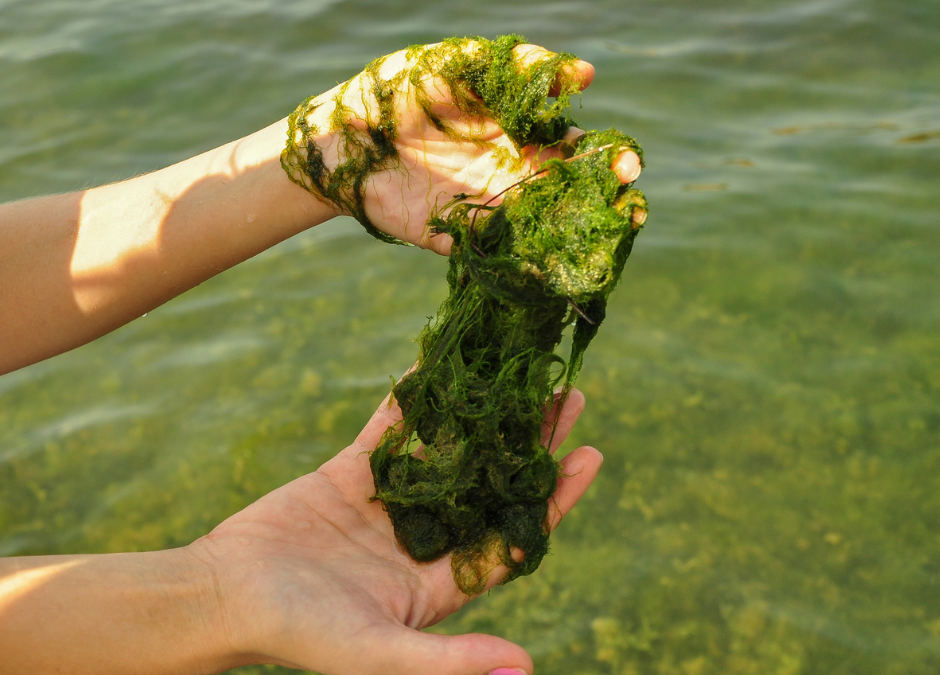Filamentous algae, also known as string algae or pond scum, are a type of algae that form long, thin, hair-like strands that can float on the surface of bodies of water or attach to rocks, plants, and other objects in the water. They are commonly found in freshwater environments such as ponds, lakes, and streams, but can also grow in marine environments.
Filamentous algae can be green, brown, or red in color and can grow in dense mats, which can be unsightly and interfere with recreational activities such as swimming and fishing. They can also deplete oxygen levels in the water, which can harm aquatic life.
Controlling filamentous algae growth can be challenging, but methods such as mechanical removal, chemical treatments, and biological controls such as introducing herbivorous fish or using bacteria to break down the algae can be effective.
Healthy Ponds product to effectively kill Filamentous Algae
Captain is the ideal product for effectively controlling a broad spectrum of filamentous algae.
Captain offers:
- Formulation of 9% double-chelated copper
- Algae controlled 3-7 days after application
- Water that is treated with Captain offers no restrictions, immediately after use for swimming, fishing and watering livestock, irrigating or ornamental plants.
Not sure what your pond exactly needs? Reach out to our pond experts. We have many years of experience treating ponds healthyponds.com/free-pond-plan



I water sheep from my pond, and sheep are especially sensitive to copper. Too much can be fatal.
Do you have any research that backs the claim of being suitable for watering livestock?
I have green slime underneath film on the top duck way by summer. What is the best thing to use? I see captain Natural blast and rush. What is the best to use?